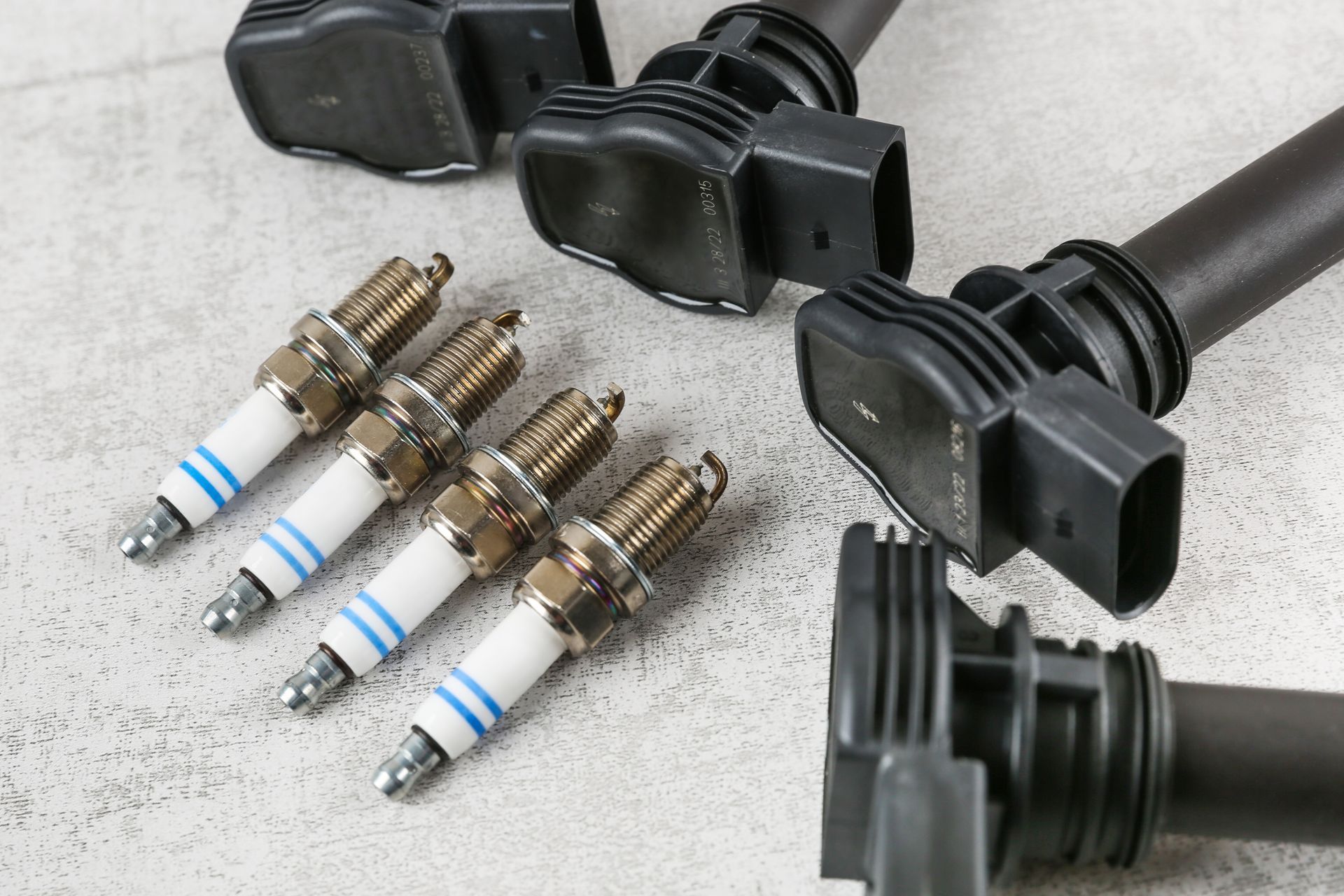When your engine misfires, you might notice shaking, hesitation, or a sudden drop in power—clear signs that one or more cylinders aren’t firing properly. While it may seem like a small issue at first, ignoring a misfire can lead to serious engine damage, poor fuel efficiency, and expensive repairs. Common culprits include worn-out spark plugs, faulty sensors, or fuel system problems, all of which can worsen if left unchecked. If your engine isn’t running as it should, what’s stopping you from getting it checked before it turns into a bigger problem?
What Happens During an Engine Misfire
A misfire occurs when one of your engine’s cylinders fails to ignite fuel properly, disrupting power output. Depending on the cause, you might notice:
- A rough idle or shaking while stopped
- Hesitation or loss of power during acceleration
- A flashing or solid check engine light
- A sudden increase in fuel consumption
- A strong fuel smell from the exhaust
Some misfires happen intermittently, while others persist, making your car difficult to drive. If left unresolved, frequent misfires can cause damage to the catalytic converter, pistons, and ignition system.
Common Causes of an Engine Misfire
Worn or Failing Spark Plugs
Spark plugs are responsible for igniting the air-fuel mixture inside your engine’s cylinders. Over time, they wear out, causing weak or inconsistent sparks that lead to misfires.
If your spark plugs are old, dirty, or improperly gapped, they may not fire correctly, especially during acceleration or high-speed driving. Replacing spark plugs at the manufacturer’s recommended intervals is key to preventing misfires and maintaining fuel efficiency.
Faulty Ignition Coils
Ignition coils work alongside spark plugs, providing the voltage needed to create a strong spark. If a coil is failing, it won’t supply enough power, causing misfires in one or more cylinders.
Common signs of a failing ignition coil include:
- A sudden drop in power or acceleration
- A rough, uneven idle
- A check engine light with a misfire-related trouble code
Because ignition coils wear down over time, regular inspections can help prevent unexpected failures.
Fuel Delivery Problems
Your engine needs a precise mix of fuel and air to run correctly. If your fuel system isn’t delivering enough fuel, misfires can occur.
Potential fuel-related causes include:
- Clogged fuel injectors – Deposits can build up over time, restricting fuel flow.
- Weak fuel pump – A failing pump may not provide enough pressure for proper combustion.
- Dirty fuel filter – A restricted filter limits fuel flow to the engine.
If you experience hesitation under acceleration or difficulty starting, a fuel system issue could be the cause. Regular maintenance, including fuel injector cleaning and filter replacements, can help keep the system functioning properly.
Vacuum Leaks or Air Intake Problems
A vacuum leak happens when unmetered air enters the engine, throwing off the air-fuel ratio. When this balance is disrupted, misfires, rough idling, and even stalling can occur.
Vacuum leaks can result from:
- Cracked or disconnected hoses
- A failing intake manifold gasket
- A malfunctioning mass airflow sensor
If your engine is idling inconsistently or running lean, a vacuum system inspection can help identify leaks before they cause further issues.
EGR Valve Malfunction
The Exhaust Gas Recirculation (EGR) valve helps reduce emissions by recirculating exhaust gases into the engine. If the EGR valve sticks open, it can allow too much exhaust back into the intake, disrupting combustion and causing misfires.
Symptoms of an EGR issue include rough idling, reduced power, and increased fuel consumption. Cleaning or replacing the valve can often resolve the issue.
Failing Sensors Affecting Engine Timing
Modern engines rely on sensors to adjust fuel delivery, ignition timing, and air intake. When a sensor sends incorrect data, it can throw off the combustion process, leading to misfires.
Common culprits include:
- Crankshaft position sensor failure – A faulty sensor disrupts ignition timing.
- Camshaft position sensor failure – This affects valve timing, leading to misfires.
- Mass airflow sensor issues – Incorrect air readings cause fuel mixture problems.
A diagnostic scan can detect faulty sensors before they lead to more significant performance issues.
When to Get Your Car Inspected
Occasional misfires might seem harmless, but they should never be ignored. Persistent misfires can cause damage to the catalytic converter, increased emissions, and engine overheating. If you experience shaking, hesitation, or a check engine light, it’s time to have your vehicle inspected.
Fix Your Engine Misfire
A misfiring engine isn’t just an inconvenience—it’s a warning that something isn’t working correctly. Our professionals will diagnose and repair the issues, ensuring your engine runs as it's supposed to. Whether it’s an ignition issue, fuel system problem, or sensor failure, we’ll pinpoint the cause and get you back on the road with confidence.
Don’t let a misfire ruin your engine’s performance. At
Benz Elite Automotive in Fairfax, VA, we provide expert diagnostics and repairs to keep your vehicle running at its best. Stop by or book your service now!










